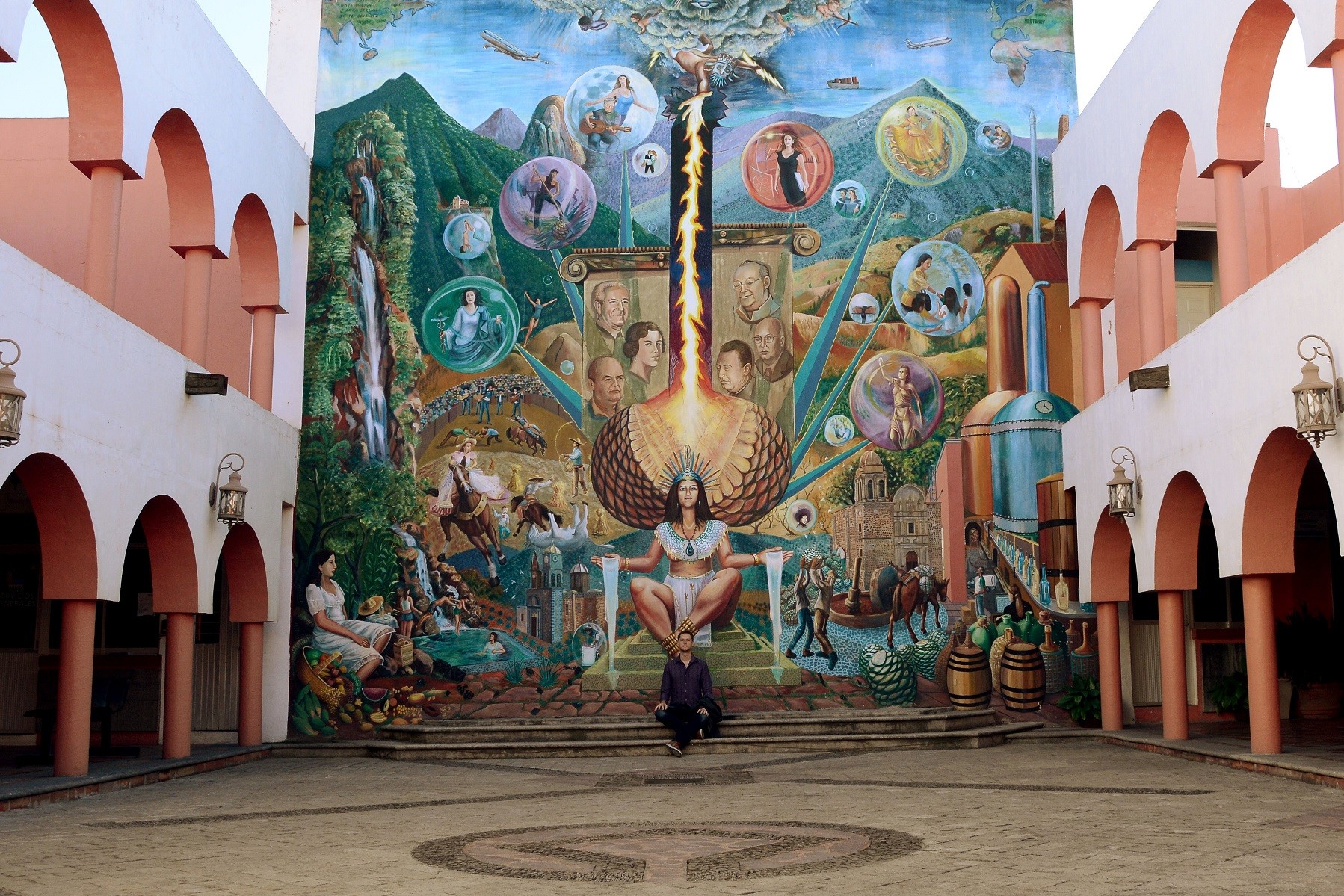The Episode:
To download the audio, right click and press “save as”.
Remember to subscribe on iTunes or subscribe on Pocket Casts.
If you enjoyed the episode, don’t keep it a secret! Feel free to share it on Twitter, Tumblr, Facebook, Reddit, or your office bathroom wall.
The Cash:
We really appreciate all of your contributions! Every cent and satoshi we receive lets us know that we’re doing something worthwhile, that you are entertained by our program, and that you’re starting to question what you know more and more. Please be generous. Donate to The Paradise Paradox. Or buy some stuff on Amazon using this link. Or buy some of our great T-shirts here.
The Story:
In December 2015, Martin Rojko of CoinTelegraph.com asked several Bitcoin experts what they expected the price of a bitcoin to be by the end of 2016. The guru, public speaker and “rockstar” of Bitcoin, Andreas Antonopoulos, searched his soul and summoned the wisdom from the depths of his being, and answered: “I don’t do price speculation. It’s astrology for markets and I think it is irresponsible for media companies to do this.”
The fact is, nobody in the world knows what the price of bitcoin is going to be in a month, much less a year. However, taking a snapshot at this stage of the bitcoin evolution, there are four factors which will probably play a huge part in determining the price over the coming years.
- The amount of venture capital and angel investment pouring into Bitcoin companies.
In 2013, digital currency related startups has attracted investment of $25 million in VC funding. In 2014, “In total, bitcoin startup investments now total over $400M in aggregate funding” (Source: CBInsights), and in 2015 VC investments ‘topped $1 billion’ (Source: Bloomberg). However this remains to be fully realised in the bitcoin unit price. Big names such as Nasdaq, American Express and Visa are also investing in Bitcoin startups.
Bitcoin has possibilities for endless programmable applications, which will go on to disrupt various industries. However, it is clear that the first target and the primary industry of focus is finance and banking. For 2016, Venture capitalist Tim Draper anticipates many Bitcoin consumer applications, the US government to recognise Bitcoin as a currency and perhaps the first Bitcoin unicorn – that is, the first billion dollar Bitcoin start-up. With all this money and focused effort going into the development of Bitcoin applications as it’s used for international remittances platforms, micropayment, crowdfunding of public works projects, smart contracts and peer-to-peer lending, it can only be bullish for the price, as Bitcoin is used more widely.
2. A decrease in the production of Bitcoin in July 2016.
At time of writing, 25 BTC are produced every ten minutes by diligent miners. In July 2016, the block reward will halve. A stable demand with a reduced supply tends to lead to an increased price. It’s possible that holders of BTC will start buying more in the preceding months, in anticipation of the reduction.
3. Possible failures of the incumbent banking system.
Many people, especially in the Austrian economics camp, are becoming increasingly concerned about a failure of the banking system. Financial gurus such as Mike Maloney have forecast the possibilities of deflation, big inflation, or even hyperinflation of the US dollar, which could have profound effects on the world economy. For many, holding bitcoins is seen as risky. But is it as risky as holding a fiat currency, which has very limited scarcity, and may be printed to oblivion by the perverse symbiotic relationship between a central bank and a national treasury? In times of crisis, or in anticipation of times of crisis, when governments around the world are clamping down capital controls to say who can move what money where, it wouldn’t be surprising if people decided to move it into the most portable money that has ever existed: bitcoins.
- The understanding of Bitcoin in public consciousness
Since Bitcoin first leapt into the media, it has been trashed, slandered, accused of being a tool of terrorists and violent drug cartels, and declared unstable and even dead many, many times. However, the sentiment in the media is slowly changing, with many starting to see that cryptocurrency is not going away in a hurry, and there may be real news beyond a sensational headline.
We can see in the statistics on Blockchain.Info that the rate of adoption appears to be steady, or increasing, in the rate of daily transactions and in the total number of addresses.
Perhaps soon, people will start to realise that it’s possible, not just to use Bitcoin to evade capital controls, but also to use it to evade taxes, and government control in general, turning many markets into black markets, and using blockchain technology to distribute state secrets anonymously, realising the dream of the Crypto-Anarchist’s Manifesto. By that stage, perhaps the price will be irrelevant, because the value will be obvious.
The Eps:
Episode 75 – Andreas Antonopoulos: The Disruptarian
Episode 77 – Jeff Berwick: The Dollar Vigilante
Episode 80 – Diego Gutiérrez: SystemaD
The Links:
Bitcoin has died for the 89th time
Experts expect bitcoin price to reach a big number in 2016
China’s stockmarket crash affects all of us
Bitcoin as an asset could help balance portfolios
Bitcoin’s upcoming killer app: Open Bazaar
How to position for the rally in Bitcoin
